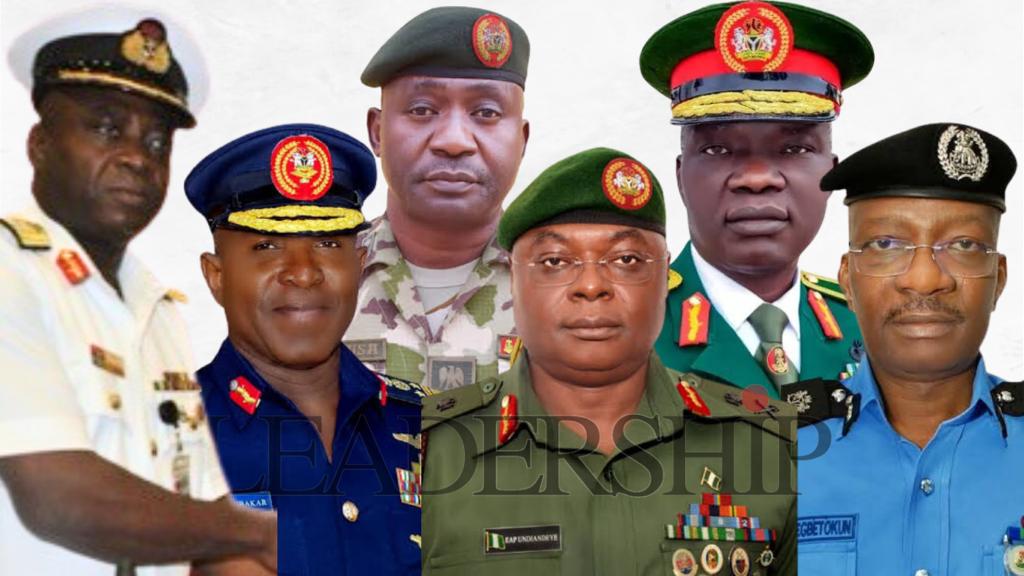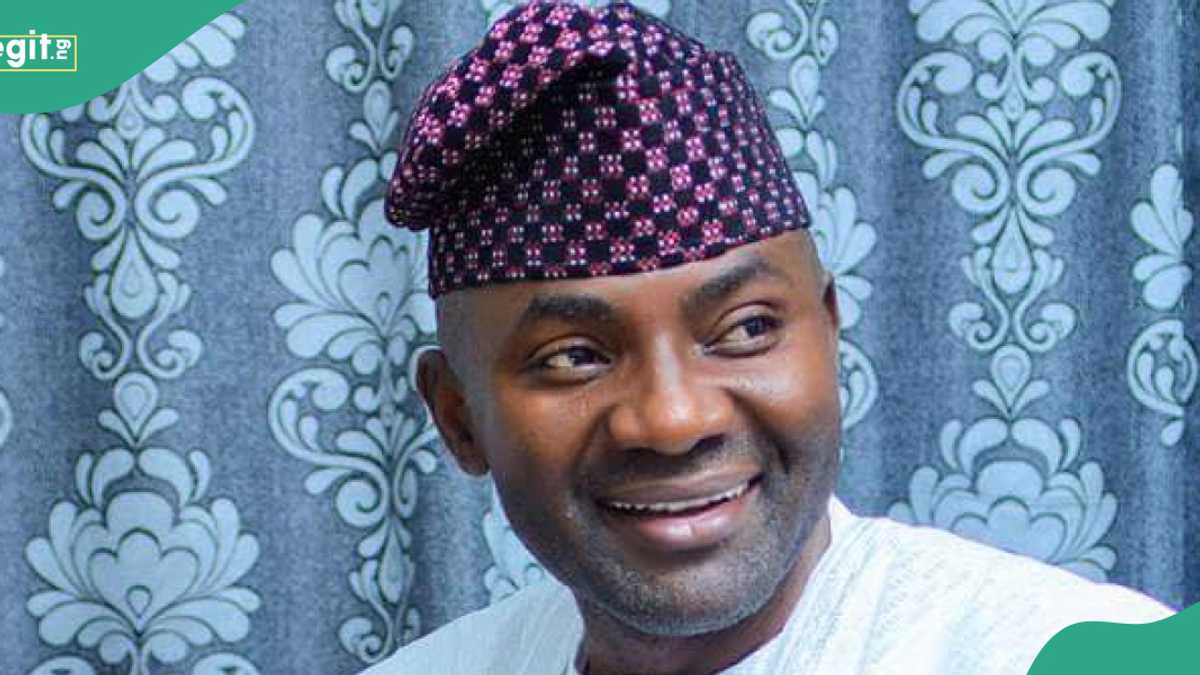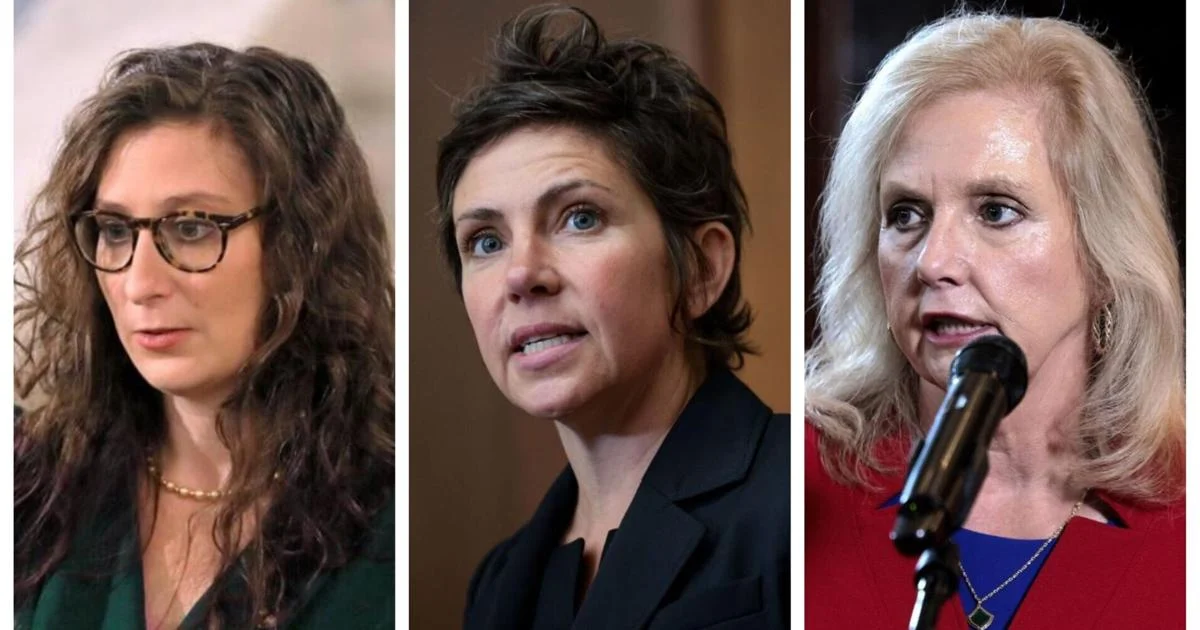Copyright newmail-ng

In Nigeria, few debates recur as often — or as heatedly — as the appointment of service chiefs. Each time a new list emerges, attention turns not just to qualifications but to geography. Which zones are represented? Who was left out? Since 1999, successive presidents have tiptoed through this delicate terrain, seeking to reflect national diversity through what has become an unwritten rule: rotational leadership. Born from the spirit of federal character, this rotation principle aims to prevent domination by any region and to foster unity in a multi-ethnic state. Yet, while its political logic is compelling, its operational outcome remains contested. Has rotational leadership improved national security or merely politicized it? The Rationale for Rotation Nigeria’s federal structure demands inclusivity in power distribution. After decades of military rule dominated by certain blocs, the democratic era promised fairness — the sense that all regions have a stake in defending the nation. Rotation in the security architecture was therefore intended to deepen loyalty, enhance intelligence across regions, and defuse suspicion among the armed forces. However, experience since 1999 suggests that inclusivity has often been achieved at the expense of effectiveness. Representation without results has become the national paradox. Tracing the Appointments: 1999–2025 Obasanjo (1999–2007): Rebuilding a National Military President Olusegun Obasanjo, a retired general from the South-West, inherited a military emerging from decades of coup politics. His administration appointed officers from diverse backgrounds — Gen. Alexander Ogomudia (South-South) and Gen. Martin Agwai (North-Central), among others — to rebuild trust and professionalism. His tenure stabilized civil-military relations, but the emphasis on balance sometimes slowed operational reforms. Yar’Adua (2007–2010): Diplomacy Before Force President Umaru Musa Yar’Adua’s consensus-driven style extended to security management. His appointments leaned toward the North but were not overtly lopsided. His success in negotiating the Niger Delta Amnesty underscored the value of dialogue, though it was achieved more through politics than military coordination. Jonathan (2010–2015): Diversity Amid Rising Terror President Goodluck Jonathan, from Bayelsa in the South- South, embodied regional balance in his appointments. He named Air Chief Marshal Alex Badeh (Adamawa, Northeast) as Chief of Defence Staff, Lt. Gen. Azubuike Ihejirika (Abia, South-East) as Chief of Army Staff, and Vice Admiral Dele Ezeoba (Delta, South-South) as Chief of Naval Staff. Despite this diversity, Boko Haram expanded its reach. The problem was not inclusivity but capacity — weak coordination, poor intelligence, and corruption crippled military effectiveness. Rotation, though politically stabilizing, could not substitute for structural reform. Buhari (2015–2023): Northern Consolidation President Muhammadu Buhari’s administration took a different path. His early security appointments — including Lt. Gen. Tukur Buratai (Borno) and Air Marshal Sadique Abubakar (Bauchi) — heavily favored the North. Critics accused him of breaching the federal character principle, and morale in southern formations reportedly dipped. Despite record defense budgets, insecurity worsened — insurgency persisted, banditry expanded, and trust in the security system Tinubu (2023–Present): Restoring Balance President Bola Ahmed Tinubu’s appointments in 2023 marked a deliberate return to inclusivity: Gen. Christopher Musa (North-East) as Chief of Defence Staff, Lt. Gen. Taoreed Lagbaja (South-West) as Chief of Army Staff, AVM Hassan Abubakar (North-East) as Chief of Air Staff, and Rear Admiral Emmanuel Ogalla (South-East) as Chief of Naval Staff. This spread won early praise, signaling balance and renewed federal sensitivity. Yet, the persistence of kidnapping, terrorism, and oil theft soon proved that rotation is no cure for inefficiency. Representation may cool political tempers, but it does not, by itself, secure a nation. The Gains and the Gaps Rotational leadership fosters symbolic unity, regional trust, and a sense of belonging among officers across zones. It enhances local intelligence gathering — commanders familiar with certain terrains tend to inspire cooperation among communities. It also reflects Nigeria’s plural reality, where perception can be as important as policy. However, inclusivity often comes at the cost of meritocracy. Political calculation overshadows competence; professionalism yields to patronage. Frequent rotations disrupt continuity — each service chief reorders priorities, discarding their predecessor’s reforms. This instability has weakened institutional learning, leaving the armed forces perpetually in transition. Nigeria’s Security Paradox Two decades of democratic appointments reveal a clear truth: no region has outperformed another. Northern- dominated leadership under Buhari did not secure the North; regionally balanced leadership under Jonathan did not secure the nation. What Nigeria faces is not a regional problem but a structural one — the absence of institutional meritocracy. The symbolism of rotation has succeeded politically but failed strategically. The next evolution must therefore merge inclusivity with competence — a structured, merit-based rotation. Charting a Smarter Balance 1. Codify a Security Leadership Charter: The presidency should institutionalize transparent criteria for service chief selection — blending federal character with professional performance metrics. Rotation should operate within a merit pool, not as a quota exercise. 2. Tie Tenure to Measurable Results: Service chiefs should have fixed, renewable terms linked to measurable indicators — territorial control, response efficiency, and inter-agency coordination. 3. Reform the Promotion Pipeline: Equal access to training, command, and foreign Missions must be guaranteed across regions. Officers should compete on exposure and expertise, not ethnic ties. 4. Depoliticize Appointments: National Assembly oversight should vet service chiefs based on performance history, not proximity to political figures. Loyalty to the state must outweigh loyalty to power. 5. Preserve Institutional Continuity: New chiefs should review and build upon existing reforms rather than discard them. Security policy must transcend personal or regional cycles. A Word to the President and the Chiefs President Tinubu’s inclusivity is a welcome correction after years of imbalance. Yet Nigerians expect results — safer highways, secure schools, and reduced ransom economies. Diversity at the top must now yield discipline in the field. For the new service chiefs, history offers a clear warning: effectiveness, not ethnicity, defines legacy. The uniform they wear bears one inscription — Nigeria. Their loyalty must be to that flag, not to the region that produced them. Rotational leadership has served its political purpose. The next chapter demands something deeper — a security architecture where merit, not map, drives mission. When that balance is achieved, Nigeria’s unity will finally rest on strength, not symbolism. Nurudeen O. Alimi is a Nigerian writer, public affairs analyst, and social development advocate whose works explore governance, civic responsibility, and community- led transformation. He blends policy insight with storytelling to inspire national reflection and grassroots



